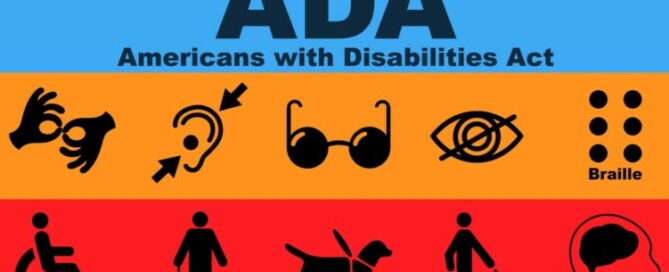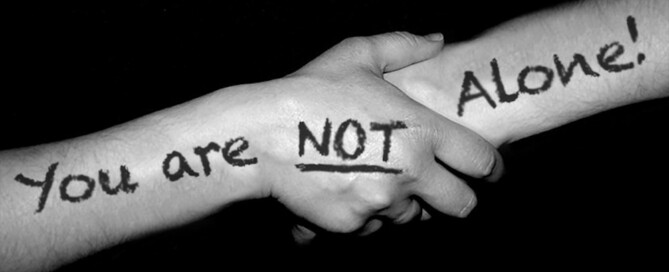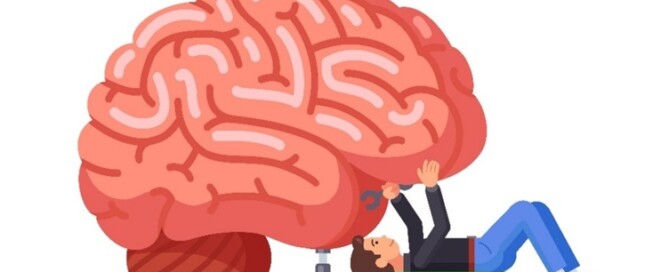Importance of Scam Victims’ Learning in Recovery from Scams 2024
Importance of Learning in Scam Victims Recovering from Scams
Scam Victim Recovery
Author:
• Tim McGuinness, Ph.D. – Anthropologist, Scientist, Director of the Society of Citizens Against Relationship Scams Inc.
Article Abstract
In this age, scams, including phishing, fraudulent investments, and relationship scams, pose a significant threat and scam victims pay the price.
The article stresses the need for awareness and education to prevent, detect, and recover from such crimes. Understanding and learning about the various scam forms, from email phishing to relationship scams, is vital for the recovery of scam victims, and to help them avoid scams in the future.
Education helps victims overcome self-blame and recover. Unraveling manipulation techniques, particularly in relationship scams, empower individuals to recognize and resist emotional exploitation. Victims of relationship scams face psychological trauma, and recovery involves building a support system and seeking professional counseling.
Rebuilding trust and addressing trauma is critical, and SCARS Support & Recovery Groups play a key role. Empowering through education, both pre and post-scam is essential to create a vigilant society. The article encourages scam victims to seek support, counseling, and education for recovery.






































